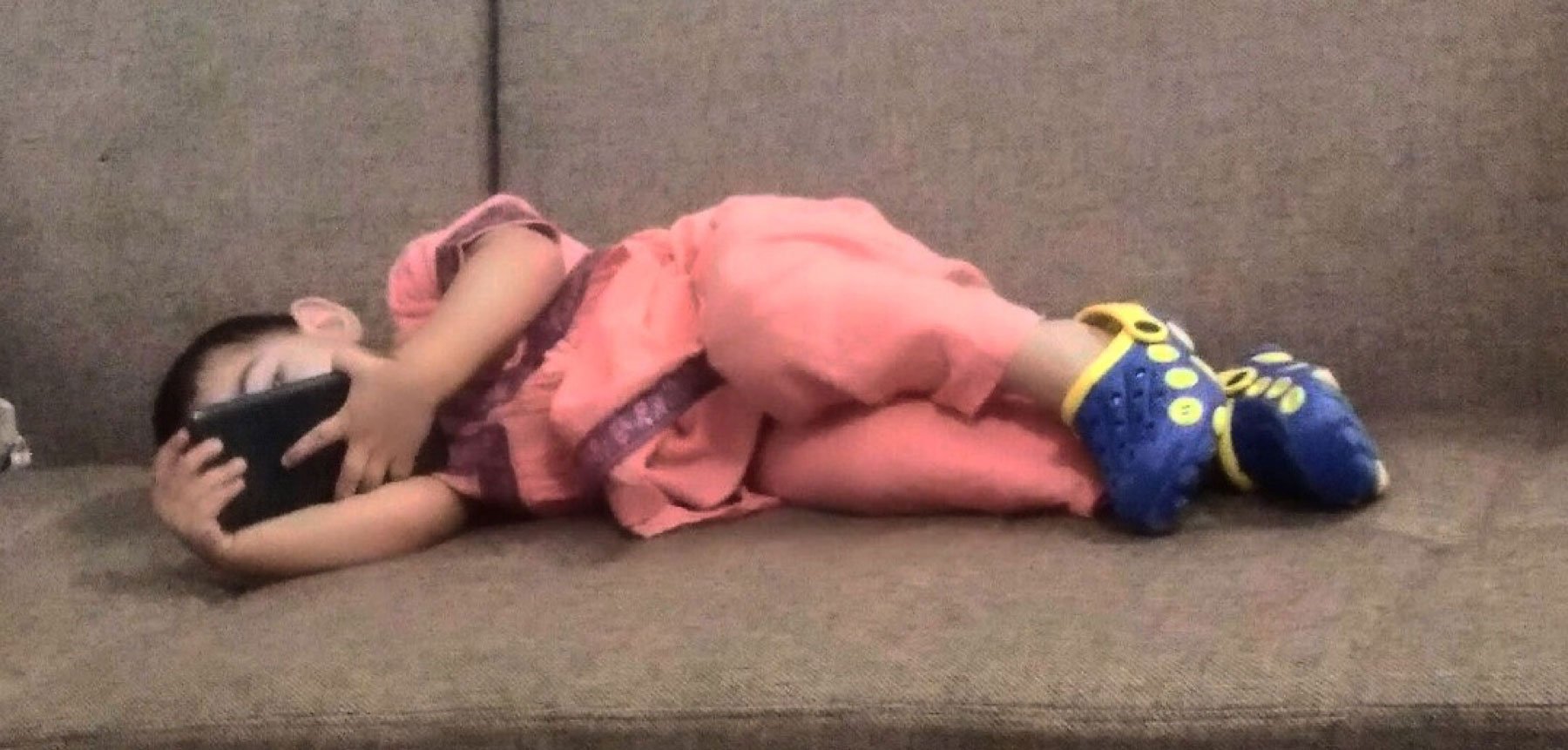TV for kids: Calculating the move
With the world under the grasp of technology, the decision by the Minister of Broadcasting Fawad Chaudhry of launching a separate television channel dedicated for children under 16 in Pakistan, is understandable, -as television today acts as a strong nurturing symbol in the lives of children.
With the world under the grasp of technology, the decision by the Minister of Broadcasting Fawad Chaudhry of launching a separate television channel dedicated for children under 16 in Pakistan, is understandable, -as the medium today acts as a strong nurturing symbol in the lives of children.
However, research has shown a growing number of people permitting unlimited screen time for their children in spite of a majority of them attempting to control it, resulting in dire consequences.
That being said, with no such already existing medium in the country for the young ones, the announcement soon garnered cheers from all around; however, how the administration is to lay out the foundations of the platform is a rising concern for many.
In conversation with The News, Assistant Professor of Sociology at University of Karachi, Naima Saeed appeared to be full of positivity and gusto about the government's decision saying the needs of children are finally being recognized in a country where violent breaking news stories are all that echo from TV sets in a majority of households.
"Already our country is in such a sad state that a bare minimum of literature exists for them to feed on, let alone content produced electronically which is a need of our time since television is such a strong medium," she stated.
Prof. Saeed went on to address the problems with the international children's channels currently aired saying: "They teach them Western values or Indian values. Our children cannot relate to them so consequentially they start learning their language and their way of life, putting our culture aside."
Madiha Batool, a young mother of two also provided her perspective of the channel, which appeared essential to calculate the picture in its entirety.
"If the content focuses more on instilling in them civility and cultural values instead of these violent cartoons, then I would be very happy to let my kids watch it."
Upon being asked how much screen time is consumed by her children on a daily basis, an appalling response came forth: "All the time. Whether it is day or night, my daughter wants the phone in her hand."
Saleem Mughal, a media trainer who produced several PTV programs for kids, voices his apprehension saying: "It isn't important for me that a channel is being introduced for kids. My concern lies more with what the channel is bringing and how the content will be presented. Full attention needs to be paid on what content is being produced.”
Treading ahead, the ex-media consultant of the United Nations Children's Fund (UNICEF) went on to state: "It is important for the channel's content to be healthy and based upon the needs of the children or else all efforts would be futile," he stated.
As was evident in a research conducted by graduate of an Indus Valley School of Art and Architecture (IVS), it was revealed that out of a sample of 146, 50% of the group allowed 1-3 hours of TV time at home while 28% acknowledged that their children spend more than 3 hours watching TV.
While statistics by The Nielsen Company showed that on average children aged around 6-11 spend as much as 28 hours in front of the TV.
Talking to The News, psychiatrist Dr. Ali Zulqarnain brought to light a different consequential perspective of the issue.
"When you read, you paint a picture in your head through the words in front of you, with the help of your imagination which is very strong in children. This is called active learning. The learning that happens through the medium of television, on the other hand, kills a child's ability to imagine. The way they see the world is through the eyes of the director instead of imagining up a world themselves."
He went on to state that in spite of television being a medium that helps in building memory, it has dire consequences. "Through TV the concept of dependence strengthens greatly, especially in children. A limited screen time is essential otherwise life outside of the screen would get overlooked."
-
Security forces gun down 30 terrorists in multiple IBOs in KP: ISPR
-
MQM-P calls for new province in Sindh
-
US report validates Pakistan military edge over India: PM
-
Banned TTP poses serious threat to Pakistan security: UNSC panel
-
CM Afridi clarifies remarks on by-poll after ECP requests army deployment
-
Dubai sees 3.2m Pakistani passengers in 2025 as airport sets new milestone
-
Security forces kill 23 Indian proxy terrorists in KP's Kurram
-
Pakistan to construct island to boost oil exploration: report













